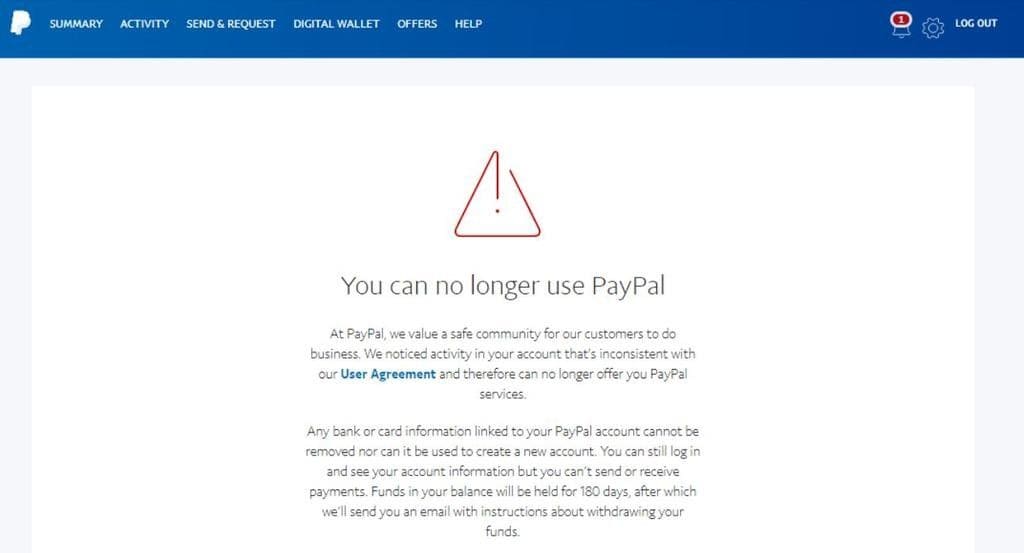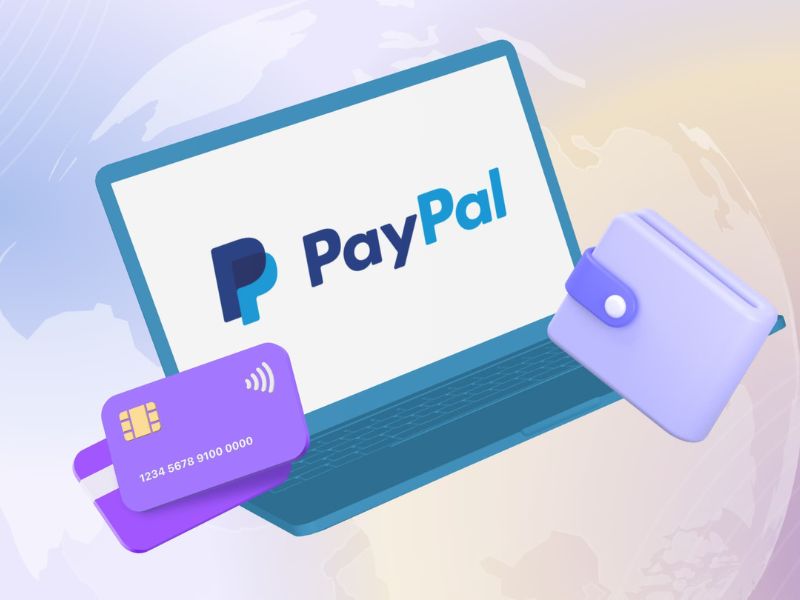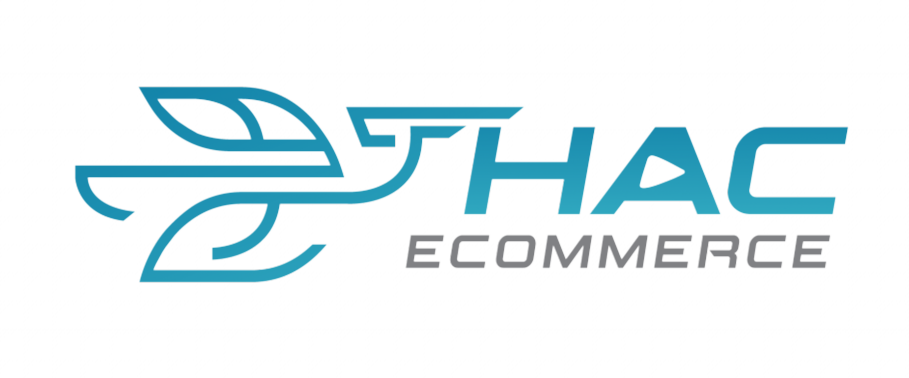5 Powerful Tips for Resolving PayPal Account Limitations and Avoiding Common Policy Violations. Account freezes, 21-day holds, 180-day limitations or withheld funds are no longer unfamiliar issues for merchants using PayPal. Despite how frequently these PayPal limitations occur, many merchants are unaware of which PayPal policies they have unintentionally violated.
PayPal account restrictions can significantly affect a merchant’s ability to process payments, pay suppliers, or access funds for other business operations. In this article, Hacecommerce will provide detailed insights into the most common violations businesses encounter while using PayPal. Additionally, we’ll outline practical solutions to reduce the chances of experiencing PayPal limitations.
1. What are PayPal account limits (PayPal limits)?

2. Common Reasons for PayPal Account Limitations
In addition to temporary account freezes caused by verification and account review requirements, PayPal limitations can occur for several reasons:
| Cause | Details |
|---|---|
| Non-Compliance with Regulations | Merchants may violate PayPal’s policies by selling counterfeit, illegal, or restricted items (e.g., firearms or prescription drugs). Using PayPal for purposes not covered under the User Agreement, such as receiving donations without being a registered nonprofit, also triggers restrictions. |
| High Refund and Chargeback Requests | A high volume of refunds, chargebacks, or customer complaints may lead PayPal to investigate your account activity. PayPal often requires merchants to resolve these disputes before lifting restrictions. |
| Sudden Changes in Product Offerings or Sales Volume | If a merchant suddenly starts selling a new product (especially high-value items) or experiences a rapid increase in sales, the account may be limited for review. Proper account setup and communication with PayPal can help prevent this. |
| Unauthorized Access | If PayPal suspects unauthorized access to an account, it may impose limitations while investigating suspicious transactions. |
| Disputes Between Buyers and Sellers | Disputes over issues such as incorrect product descriptions, defective items, or poor quality can lead to account reviews and limitations. |

3. Common Types of Online Fraud Impacting PayPal Accounts
Merchants are often victims of online Fraud, which can lead to high refund, chargeback, and dispute rates. Some common forms of online Fraud include:
| Fraud Type | Details |
|---|---|
| Stolen Cards | Fraudsters use stolen credit card information to make online purchases. The rightful owner may report unauthorized transactions, leading to disputes. |
| Card Testing | Fraudsters test stolen card details on a website to determine their validity before using them for larger purchases. Implementing CAPTCHA or rate-limiting can help mitigate this risk. |
| Email Phishing | Fraudulent emails trick merchants into believing payments have been made or attempting to steal login credentials. |
| Account Takeovers | Fraudsters may hack into a merchant’s PayPal account, use it for unauthorized transactions, and leave the merchant liable for disputes. |
| Friendly Fraud | Occurs when legitimate customers dispute charges, often due to regret or an attempt to obtain goods without payment. |
4. How to Identify a Limited PayPal Account
If your account is restricted, PayPal will typically notify you via email or through the Resolution Center in your account dashboard. Log in to your PayPal Business account and navigate the Resolution Center to see the details behind the limitation and any requested actions.
The email may be fraudulent if you receive an email stating that your account has been limited but see no information in the Resolution Center. Here’s what you should do:
- Forward the email to [email protected] for investigation.
- Delete the email from your inbox after forwarding it.
- Avoid clicking on any links or downloading files from the email. Run a virus scan and change your PayPal password and security questions.
- How to Resolve PayPal Account Limitations
5. How to Resolve PayPal Account Limitations
Depending on the reason for the limitation, merchants can take various steps to resolve the issue promptly:
5.1. Verification-Related Limitations
PayPal may request the following documentation for verification:
- Invoices from suppliers;
- Information about payments received;
- Proof of shipment, including tracking details and buyer information;
- Proof of address;
- Proof of identity.
Key Tips:
- Ensure you address customer complaints and disputes promptly to improve customer service.
- Maintain complete records of all transactions and orders to provide accurate documentation.
- Avoid submitting incorrect or incomplete documents, which can prolong the resolution process.
5.2. Fraud Investigation-Related Limitations
If PayPal suspects fraudulent activity, your store’s operations could be significantly impacted. Quick detection and resolution are critical to minimizing downtime. Here’s how to manage fraud-related limitations:
- Review account activity and identify suspicious transactions.
- Provide all requested documentation, such as proof of shipments or invoices.
- Consider consulting a specialized team to handle complex cases efficiently.
6. Proactive Measures to Prevent PayPal Limitations

To avoid account restrictions, consider implementing the following strategies:
- Use a Verified PayPal Business Account: Ensure your account is fully verified, with linked bank accounts, credit cards, and accurate business details.
- Maintain Low Dispute Rates: Proactively address customer concerns to reduce disputes and chargebacks.
- Monitor Transaction Patterns: Notify PayPal in advance if you anticipate significant changes in sales volume or product offerings.
- Comply with PayPal’s Acceptable Use Policy: Regularly review PayPal’s policies to ensure your business activities align with their guidelines.
- Implement Fraud Prevention Measures: Use tools like CAPTCHA and rate-limiting to prevent card testing and other forms of Fraud.
7. Conclusion
PayPal offers numerous advantages for merchants, but account limitations can disrupt business operations if mishandled. Understanding common violations and implementing proactive measures can help merchants safeguard their accounts and maintain smooth operations. If your account is restricted, act promptly and follow PayPal’s guidelines to resolve the issue effectively.
By taking the necessary steps to address disputes, improve customer service, and maintain compliance, merchants can minimize the risks associated with PayPal limitations and focus on growing their businesses.


